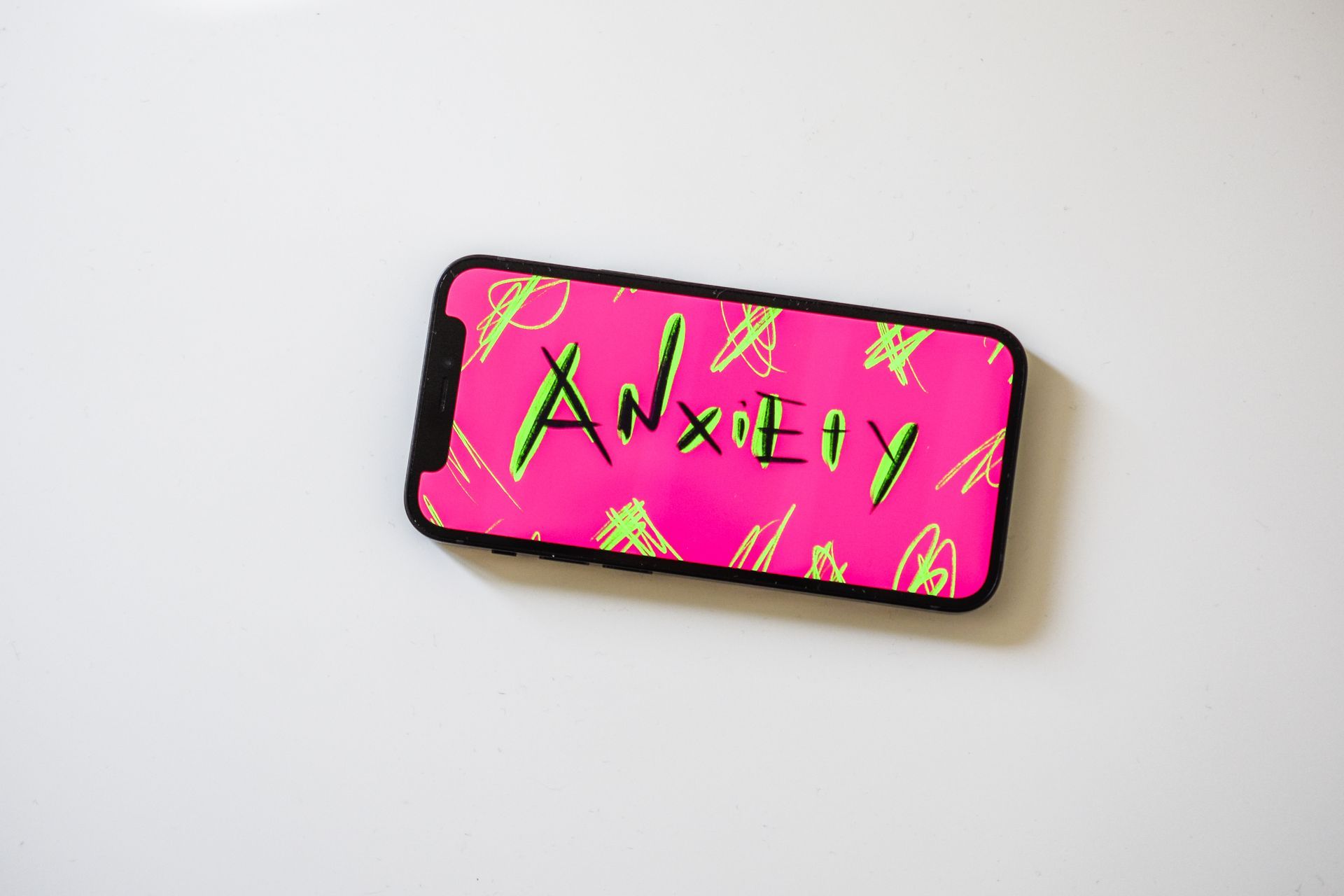Let's take a closer look at what acceptance is (and is NOT).
- Acceptance is NOT giving up
Acceptance doesn’t mean giving up on feeling better or finding new resources (internal and external) to cope with your symptoms.
INSTEAD:
Acceptance means recognizing that things are a certain way in the here and now (e.g., your body hurts, you’re feeling exhausted, you may be worried or sad) and having hope that you may be able to change some aspects of your experience or influence the way your diagnosis impacts your life.
Acceptance is making space for the symptoms that you cannot change in this moment, the losses you've experienced,
and feeling empowered to continue taking small actions
that are: 1) under your control
(e.g., learning new ways to manage your stress, reaching out for support, finding a doctor that makes you feel listened to), and 2) consistent with your values.
- Acceptance is NOT wearing rose-colored glasses at all times
INSTEAD:
Acceptance is acknowledging that there is uncertainty attached to your diagnosis (and to life in general!) It’s knowing that you cannot control or anticipate the future and still holding hope that your experience won’t always feel as heavy.
- Acceptance is NOT ignoring or dismissing your emotional or physical experiences
INSTEAD: Acceptance is being willing to acknowledge or even turn toward those difficult experiences, rather than running away from them.
- Acceptance is NOT something that happens overnight
Acceptance is not as easy as turning on a switch once and for all.
INSTEAD: Acceptance ebbs and flows. You may be able to sit with your pain one day and resist it with all your might or try to avoid the pain in any way possible the next. There may be parts of you experience that you might find easier to accept
(e.g., not being able to socialize outside of the house as much) and others that you just can’t reconcile quite yet as part of your reality (e.g., not being able to have a family or have a full-time job).
- Acceptance is NOT an all-or-nothing process
INSTEAD: Acceptance happens on a continuum. In The mindful self-compassion workbook, Kristin Neff, describes 5 stages of accepting difficult emotions, which are also relevant to accepting a challenging, and often painful, diagnosis.
Resisting: “I can’t stand to feel this way. I’ll do anything to distract myself from it completely.”
Exploring: “How am I really feeling?”
Tolerating: “This isn’t comfortable but I can stand it.”
Allowing: “I can make space for these symptoms/feelings.”
Befriending: “What am I learning from feeling this way? What can I learn from living with this diagnosis.”
Acceptance can start with tuning into your experience in the here-and-now and observing with curiosity what it looks or feels like to live with your illness
and the emotional/physical symptoms that come along. Later you may be able to create more space for emotions and sensations to come and go without judging or resisting them. At times, you may find that you are able to lean into this new reality
and acknowledge that you grew from it.
The process of acceptance is fluid. Acceptance can sound like many different things, as everyone's experience is unique and ever-changing.






